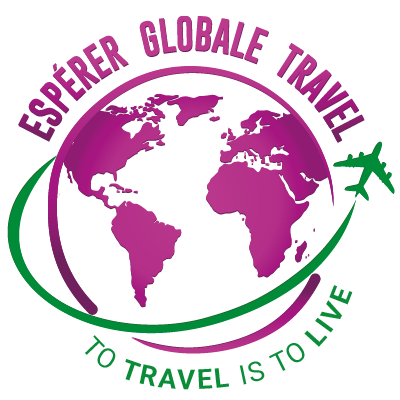

US citizens do not need to acquire a visa before entering South Africa if their stay is 90 days or less. European Union passport holders do not require a visa to visit South Africa, but it is a good idea to check with the SA consulate or embassy in your country. Your passport must be valid for 6 months after departure date and it must contain at least four blank pages. Tourists must satisfy immigration officers that they have the means to support themselves during their stay, and that they are in possession of return or onward air or cruise tickets.
Travelling with children – please check with your nearest South African Consulate or Embassy for the latest requirements as these are subject to change.
Since June 2015 any persons entering South Africa with children under the age of 18, or any children travelling alone, will be required to carry an unabridged copy of the child’s birth certificate. In addition to the above, if ONE parent is travelling with a child, one of the following documents must be produced:
In the event of someone travelling with a child who is not their biological child, the following must be produced:
UPDATE These regulations are constantly changing with confusing consequences at various airports and airlines, so it is advisable to always follow the above, regardless. Until consistency is achieved with the authorities, passengers still run the risk of being turned away from boarding flights if certain documents are deemed unsuitable.
South African currency is the Rand (ZAR). One Rand = 100 cents. Vat (value added tax) = 15% included in prices of goods. Visitors can obtain a refund, if the total value is over R 250, at various refund offices throughout the country. Keep all your receipts as proof. The banking system is on par with international standards. Banks are closed on Sundays. Credit cards: All major cards are accepted by most shops, restaurants and hotels. Some guesthouses do not accept credit or debit cards so be sure to check in advance.
Seasons in South Africa are the opposite of the northern hemisphere. Summer begins in December and winter begins in June. Winters are relatively mild with many sunny days. The Western Cape enjoys a Mediterranean climate, i.e. wet winters and dry summers. In summer, coastal cities are slightly cooler than inland, and in winter the inland regions are cooler. Even during summer, it is best to bring one or two medium over clothes, the sort you would wear in autumn, as some evenings can be cool outdoors. Sunblock is advisable when spending any time outdoors.
Internet: most guesthouses and hotels have free WiFi and there are inexpensive internet cafes throughout the country. South African broadband is slower than some other countries, but connectivity is still mostly available.
Telephone: Sim cards are cheaply available at all airports. Credit for calls and data can be purchased very conveniently. Make sure your phone in unblocked in advance.
It is advisable to bring a multi-purpose adaptor, or one can be purchased on arrival.
Normal safety precautions should be followed when visiting any foreign country. Avoid carrying large amounts of cash and displaying cameras etc. in plain sight. Make photocopies of all travel documents to carry with you and keep the originals in your hotel safe. Heed the advice of your hosts with regards where to go and how to get there. Always tell someone where you are going, It is advisable to remember that the weather in Cape Town can change very fast so exploring the mountains should not be done alone. There are many qualified hiking guides who should be used for this purpose. On arrival you should make a note of emergency services telephone numbers and keep these with you always. Look for the ‘Info’ desk at your arrival airport.
South Africa follows a tipping culture, especially where basic minimum wages are applied, such as the hospitality industry. These are often referred to as ‘gratuity’ or ‘service’. If you are unsatisfied with service rendered, you are not obliged to give your provider a tip. Always check first that it has not already been added to the bill. A minimum of 10% is standard in most restaurants and bars, and 15% in fine-dining restaurants. A tip is also given to hotel porters (about R10/15 for each bag carried). Tipping at safari lodges: At the end of a stay in a private lodge, most guests want to tip both the ranger and the tracker. The amount varies from lodge to lodge, but the suggested amount is about R150 a day to each of them. An additional tip of 300 Rand for the lodge staff is sufficient for a couple staying two days. To avoid spending your time distributing tips, most safari lodges suggest that you pay a single amount at the end of your stay. The lodge itself will redistribute it equally among the staff.